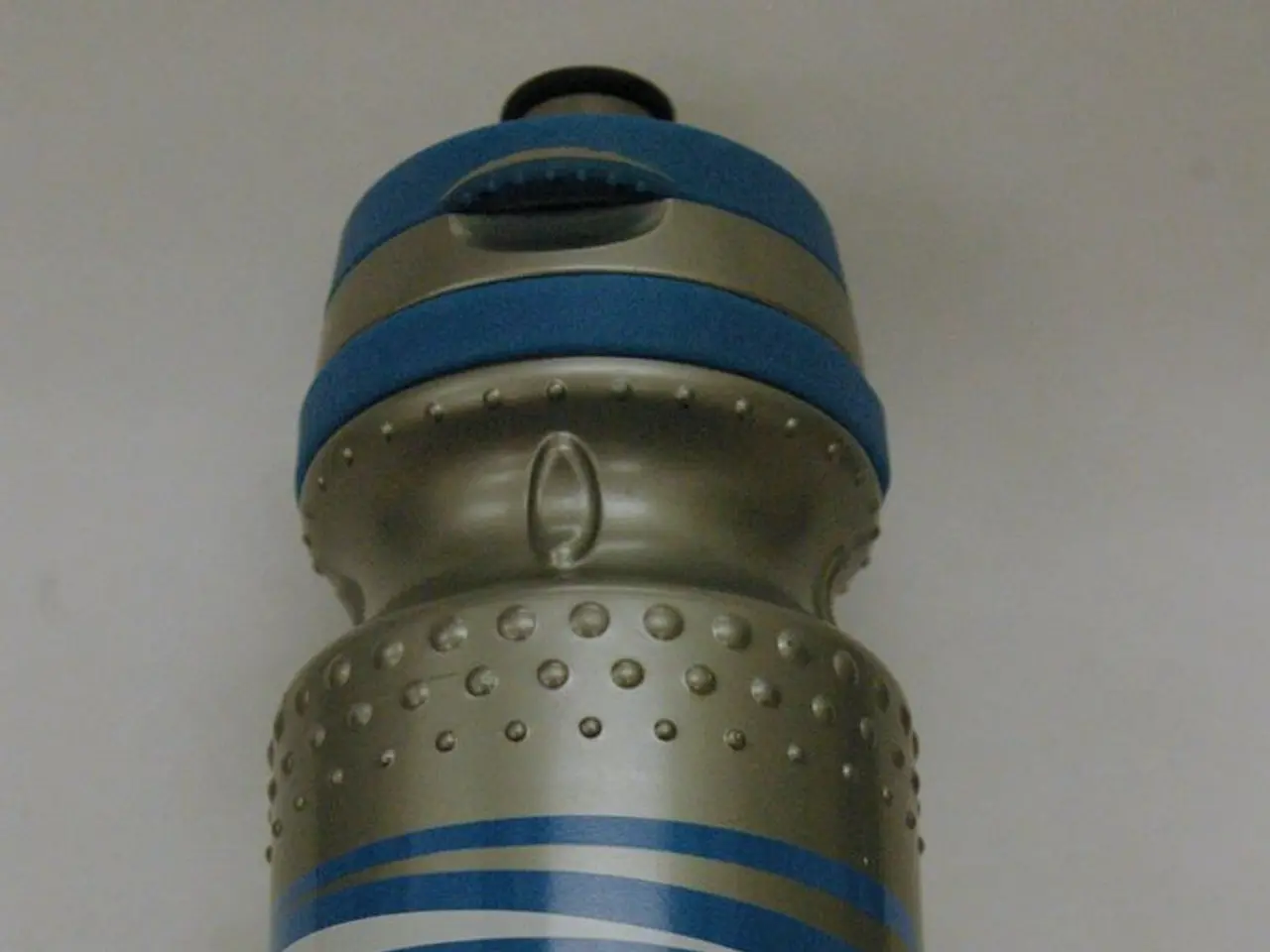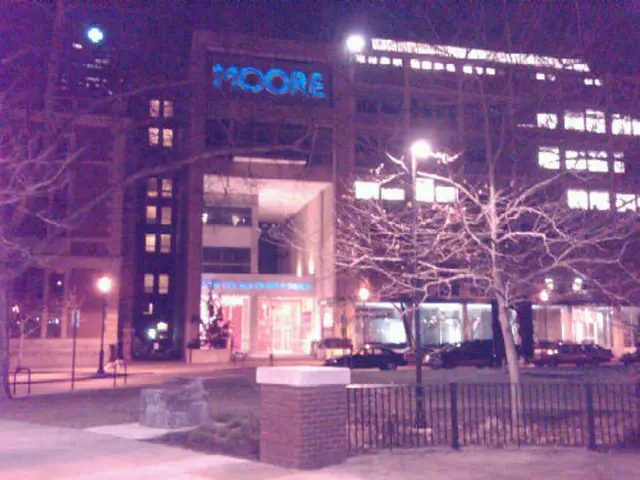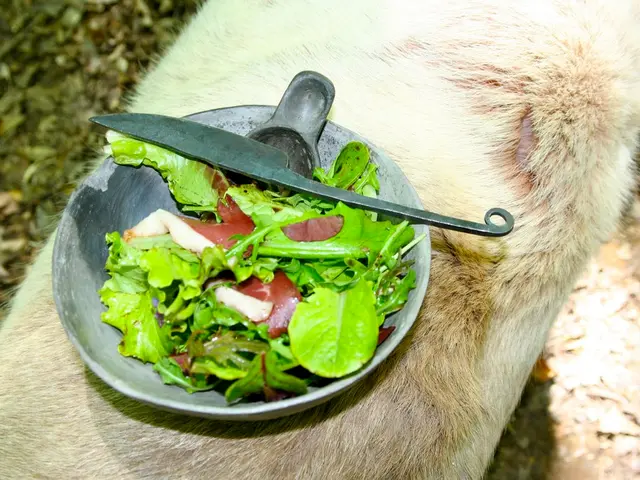Exploring Practical Applications of Extremophiles
### Advancements in Diagnostic Tools and Synthetic Biology: Dr. Adele Williamson's Research on Extremophilic Microorganisms
#### Uncovering the Secrets of Extremophiles for Biotechnological Applications
Dr. Adele Williamson's research focuses on extremophilic microorganisms, a group of microbes that thrive in extreme environmental conditions, such as the geothermal features of Aotearoa New Zealand, the Dry Valleys of Antarctica, the upper levels of the open ocean, and some human pathogens.
#### Exploring the Uncharted Territory of DNA Replication and Repair Enzymes
At the heart of Dr. Williamson's research lies an interest in understanding the mechanisms of DNA replication and repair enzymes in these extremophiles. Many molecular biology enzymes used in laboratory experiments come from DNA repair and replication processes. However, the mechanisms in question may differ from those of mesophilic bacteria, making extremophiles an exciting area for exploration.
#### Paving the Way for Novel Diagnostic Tools and Biotechnological Applications
Dr. Williamson's work could potentially lead to significant advancements in diagnostic tools, particularly in hospitals and the field. Enzymes from extremophiles could function outside of typical room temperature parameters, making them ideal for developing molecular biology tools that can operate in a wider range of conditions.
Moreover, these enzymes could be used to create novel DNA polymerases or ligases for improved DNA manipulation, biosensors detecting DNA damage or mutations, and enhancing the sensitivity and robustness of diagnostic assays.
#### The Potential for Synthetic Biology Advancements
One intriguing aspect of Dr. Williamson's research is the potential for using extremophile enzymes to work with non-natural nucleic acid substrates. This could allow for the insertion of different nucleotides into artificial DNA, leading to the creation of new genetic material. This could be used to mark non-natural DNA or produce proteins with new amino acids not currently in existence.
#### Ongoing Research and Future Prospects
The research conducted by Dr. Adele Williamson is ongoing, as she continues to uncover the unique adaptations of extremophilic bacteria. The soil samples for her research were collected by a team overseen by Professor Craig Cary from the Dry Valleys in Antarctica. As her work progresses, we can look forward to further advancements in synthetic biology, biotechnology, and diagnostic tools.
Science and health-and-wellness could benefit significantly from Dr. Adele Williamson's research on extremophilic microorganisms, as potential advancements in therapies-and-treatments might involve the use of extremophile enzymes for developing novel diagnostic tools and enhancing the sensitivity and robustness of diagnostic assays. Furthermore, environmental-science, particularly climate-change initiatives, may profit as well, since the understanding of extremophiles could lead to the creation of enzymes that function optimally under extreme conditions, contributing to the development of biotechnological solutions for environmental issues.




